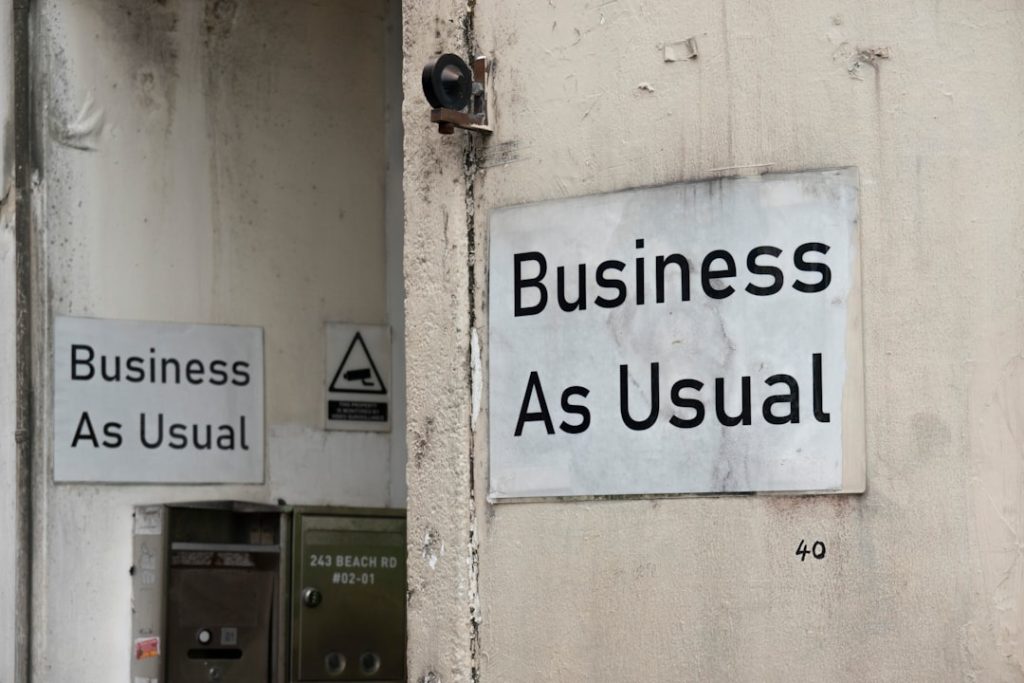Ever wonder why some companies just “get” you, while others seem totally clueless? It all boils down to understanding their customers.
The Customer Connection: Why It Matters
When a business truly understands its customers, it’s like they’re speaking the same language. They know what you want, what you need, and maybe even what you dream about! This connection leads to:
- Better Products: Products that actually solve your problems.
- Happier Customers: When you feel understood, you’re more likely to be satisfied.
- Loyalty: You stick with companies that consistently deliver what you want.
- Increased Profits: Happy, loyal customers buy more!
So, Where Do Businesses Go Wrong?
Unfortunately, many businesses miss the mark. Here’s why they fail to understand their customers:
1. They Don’t Listen (Really Listen)
Think about the last time you contacted a company with a problem. Did they actually hear you out, or did they just rush through a script? Businesses often focus on what they want to hear, not what their customers are actually saying. This could be ignoring customer feedback on social media, burying negative reviews, or not properly training customer service teams to listen actively.
2. They’re Stuck in the “We Know Best” Mentality
Some businesses believe they know what customers want, even without asking. They might rely on outdated market research or internal assumptions. This can lead to developing products or services that nobody actually needs or wants.
3. They Don’t Do Their Research
Understanding your customers requires research. Who are they? What are their demographics? What are their pain points? What motivates them? Businesses that skip this step are essentially flying blind. Effective research involves surveys, focus groups, data analysis, and keeping an eye on industry trends.
4. They Treat All Customers the Same
Not all customers are created equal. Some are price-sensitive, while others value quality above all else. Businesses need to segment their customer base and tailor their offerings and messaging accordingly. A one-size-fits-all approach rarely works.
5. They Don’t Adapt to Change
The world is constantly evolving, and so are customer needs and expectations. Businesses that fail to adapt risk becoming irrelevant. Think about Blockbuster’s refusal to embrace streaming services. They didn’t understand that customers wanted convenience, and they paid the price.
6. They Lack Empathy
Empathy is the ability to understand and share the feelings of another. Businesses that lack empathy struggle to connect with their customers on an emotional level. They might come across as cold, uncaring, or out of touch. This can damage customer relationships and lead to negative word-of-mouth.
Turning Things Around: What Businesses Can Do
The good news is that it’s never too late to start understanding your customers better. Here are a few steps businesses can take:
- Actively Seek Feedback: Use surveys, polls, and social media to gather customer opinions.
- Analyze Data: Track customer behavior on your website and in your store.
- Engage on Social Media: Respond to comments and questions promptly and thoughtfully.
- Train Employees: Teach your staff how to listen actively and empathize with customers.
- Personalize the Experience: Tailor your offerings and messaging to individual customer needs.
- Embrace Change: Stay up-to-date on industry trends and be willing to adapt your business model.
The Power of Understanding
Understanding your customers isn’t just a nice-to-have, it’s essential for survival in today’s competitive market. By truly listening, researching, and adapting, businesses can build stronger relationships, increase loyalty, and achieve long-term success. Start prioritizing your customers, and watch your business thrive!
